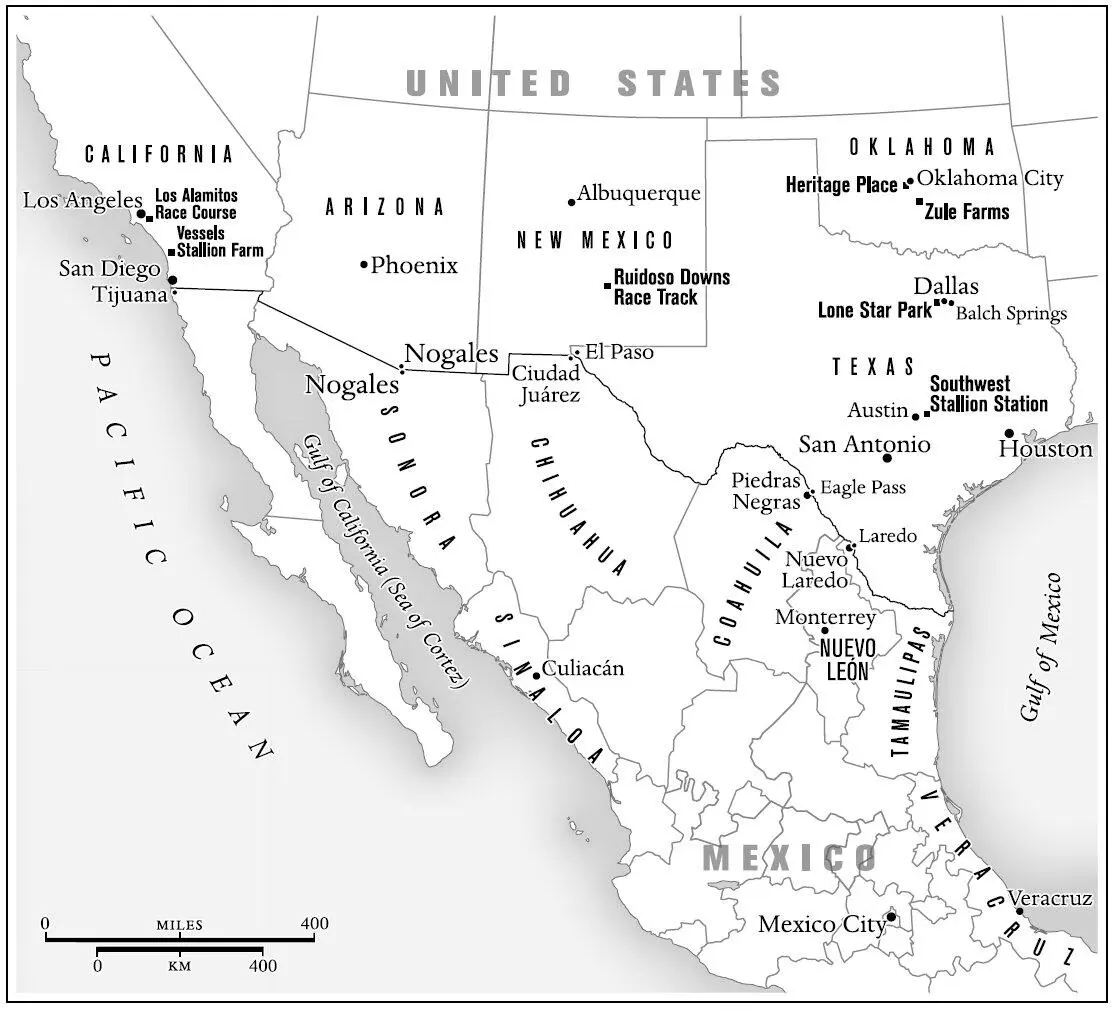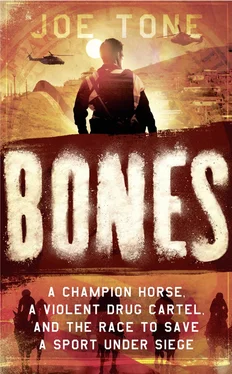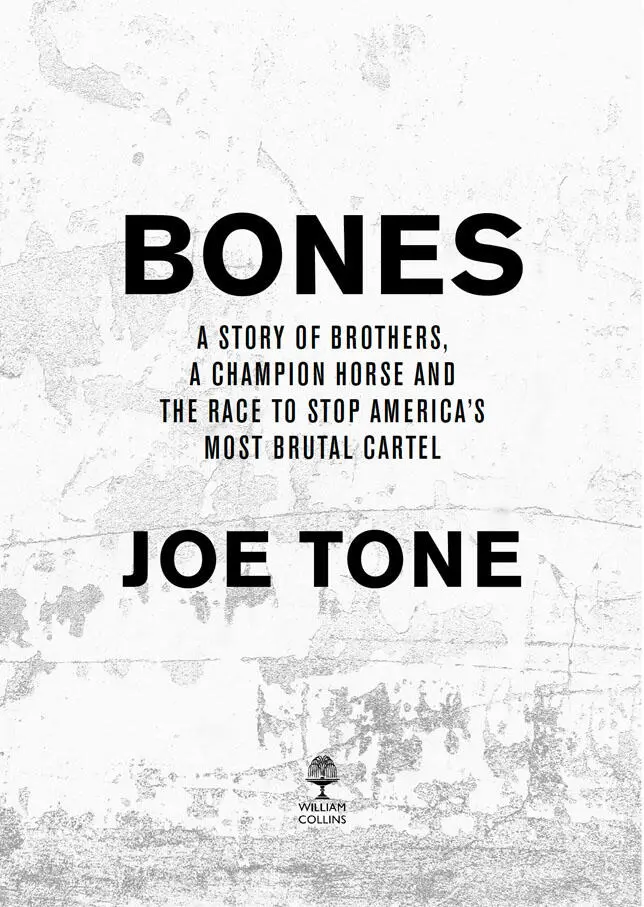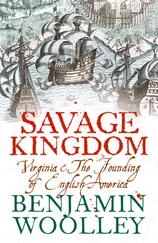William Collins
An imprint of HarperCollins Publishers 1 London Bridge Street London SE1 9GF
www.WilliamCollinsBooks.co.uk
First published in the United States by One World, an imprint of Penguin Random House LLC, New York, in 2017
First published in Great Britain by William Collins in 2017
This eBook edition published in 2017
Copyright © 2017 Joe Tone
Joe Tone asserts the moral right to be identified as the author of this work in accordance with the Copyright, Designs and Patents Act 1998
Map copyright © 2017 David Lindroth Inc.
A catalogue record for this book is available from the British Library
All rights reserved under International and Pan-American Copyright Conventions. By payment of the required fees, you have been granted the non-exclusive, non-transferable right to access and read the text of this e-book on screen. No part of this text may be reproduced, transmitted, downloaded, decompiled, reverse engineered, or stored in or introduced into any information storage and retrieval system, in any form or by any means, whether electronic or mechanical, now known or hereinafter invented, without the express written permission of HarperCollins.
Source ISBN: 9780008245573
Ebook Edition © June 2017 ISBN: 9780008204822
Version: 2017-07-14
FOR MELISSA
Every man suddenly became related to Kino’s pearl, and Kino’s pearl went into the dreams, the speculations, the schemes, the plans, the futures, the wishes, the needs, the lusts, the hungers, of everyone, and only one person stood in the way and that was Kino, so that he became curiously every man’s enemy.
—JOHN STEINBECK, The Pearl
Contents
Cover
Title Page
Copyright
Dedication
Epigraph
Map
Prologue: Pocket Trash
Chapter One: Foundations
Chapter Two: Bloodlines
Chapter Three: Follow Kiko
Chapter Four: Cuarenta
Chapter Five: El Huesos
Chapter Six: The Laundry
Chapter Seven: Wildcat
Chapter Eight: One Fast Booger
Chapter Nine: The Winner’s Circle
Chapter Ten: New Players
Chapter Eleven: Too Tempting
Chapter Twelve: Mountain Gods
Chapter Thirteen: FMES
Chapter Fourteen: Christmas Tamales
Chapter Fifteen: Where’s Papi?
Chapter Sixteen: Otherwise Illegal Activity
Chapter Seventeen: Operation Fallen Hero
Chapter Eighteen: Little Black Dots
Chapter Nineteen: Flush
Chapter Twenty: The Wire Room
Chapter Twenty-One: Homestead
Chapter Twenty-Two: Tripwires
Chapter Twenty-Three: Cartel Wedding
Chapter Twenty-Four: Land Rush
Chapter Twenty-Five: Paper Chase
Chapter Twenty-Six: Intervention
Chapter Twenty-Seven: We Hit the Family
Chapter Twenty-Eight: Exit Benefits
Epilogue: Kiss My Hocks
Footnotes
Reporting and Sources
Acknowledgments
About the Publisher

PROLOGUE
POCKET TRASH
NUEVO LAREDO,
TAMAULIPAS, MEXICO
June 2010
As he walked across the bridge that morning, approaching the invisible line that separated him from Texas, it wasn’t hard for José to envision what would come next: the welcoming American half-smile, the face-down scan of his passport, the keyboard pecking, the faux-polite please come with me, sir, and the pat down, always a pat down, before a waterfall of questions about his brother. He’d be lucky to get out of there by lunchtime.
It was only eight in the morning, but already it was 80 on its way to 101, with the sun preheating the pedestrians on the Gateway to the Americas International Bridge. “Bridge One,” as the U.S. Customs and Border Protection agents called it, was the span used by the thousands of people who crossed by foot each day between Nuevo Laredo, in northern Mexico’s Tamaulipas state, and Laredo, Texas. José inched across, U.S. passport at the ready.
He was forty-three. He was thick through the chest and shoulders, soft in the middle, filling out his five-foot-seven frame. His black hair was thinning on top and fading at the temples; his round face was Etch-A-Sketched with proof of his status as lifelong laborer and father of four. He’d been trudging across this bridge for most of his four decades.
Crossing was once a breeze. Mexican or American, you could stroll across the bridge in either direction, the Rio Grande slogging beneath you, and through the checkpoint in a matter of minutes, often by just declaring yourself a citizen. It was the ease of crossing that made living on the border alluring: the ability to visit a favorite relative, attend a birthday celebration or quinceañera, play in a soccer game, or party in a country other than your own. You crossed the border the way people in other towns crossed a railroad track, so fluidly that residents referred to the two cities as one: Los Dos Laredos .
Over the years, though, the one-thousand-foot walk across had become excruciating, even for those who weren’t yanked out of line the way José was. It started after the terrorist attacks of September 11, 2001, when more agents were dispatched to keep the cable-news nightmares at bay. Armed with scanners, X-rays, and political consensus, Customs and Border Patrol agents, soon to be rebranded as “Border Protection” agents, started scrutinizing every crosser, looking for reasons to turn someone away. The line into Texas could take hours now, even if your name didn’t make the feds’ hard drives spin.
José made his way between the chain-link fence that lined this section of the bridge and the metal barriers that protected him from cars inching past to his left. At around five after eight, he finally approached the kiosk and handed the agent his passport.
Do you have any weapons?
No.
Do you have more than ten thousand dollars to declare?
No.
For years his answers had been good enough. Lately, though, when the feds scanned José’s passport, they got a notification from a proprietary security platform telling the agent there was some reason not to let José pass.
This time was no different. An agent escorted him into the fading beige U.S. Customs and Border Protection building. It was a maze of offices and interrogation rooms, connected by hallways with moldy tile and wheezy elevators that seemed forever on the verge of breaking down. The whole building smelled a little like a teenage boy’s locker. There were holding cells for criminals caught crossing, furnished with nothing but metal toilets and wooden benches, handcuffs attached and waiting. There were rooms for counting currency, equipped with computer terminals and scales. There was an intake center for families, mostly Central American mothers and children who were fleeing gang violence and hoping for asylum. There were dog cages but usually no dogs. They were all outside sniffing.
An agent patted José down and escorted him into an interview room. They called this “secondary inspection” or “hard secondary.” For José, a more apt name might have been a “We Know Who Your Brother Is, So Sit the Fuck Down for an Inspection” inspection. When José drove across, which was infrequent, they would comb his car and his person for guns, drugs, large amounts of cash, or anything else actionable. He had walked across this time, so they had to settle for what they called his “pocket trash”: the contents of a bag he was carrying and the pockets of his clothes.
Читать дальше














